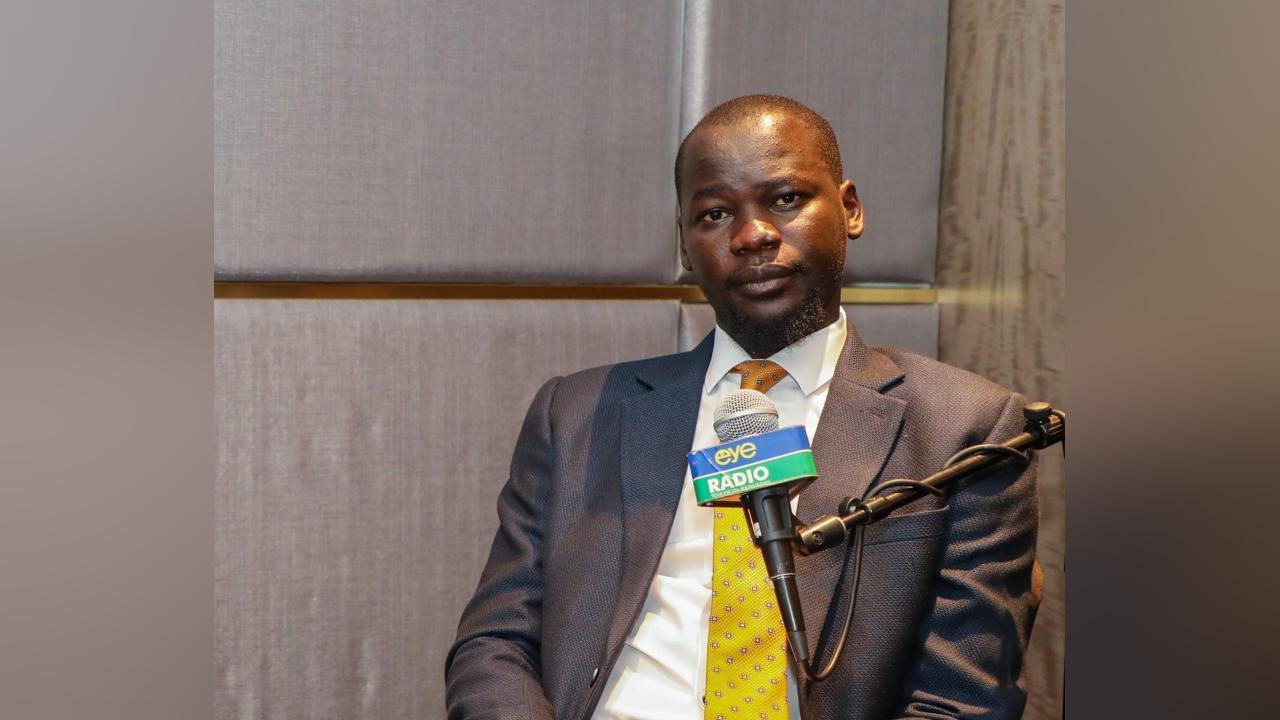Africa-Press – South-Sudan. A youth representative to the Tumaini Peace Initiative has urged the Unity Government to expedite the resumption of the South Sudan–Kenya peace talks in Nairobi.
Patrick Godi – who is also a youth representative to the Reconstituted Joint Monitoring and Evaluation Commission – says the talks have been overdue, since they were adjourned in February this year.
He said it is time for parties to reconvene and conclude the Tumaini peace talks.
Godi was speaking on Eye Radio’s Dawn show today.
“…with due respect to many voices, whether it’s in the government or outside government who have pronounced the initiative as dead, I do not buy into that because for as long as the president remains committed to the initiative, I want to say it remains alive. So let our people take that Tumaini is alive. It has been adjourned,” Godi said while speaking on Eye Radio’s Dawn Show on Monday.
“And I feel now is the time for it even to be reconvened so that all these different groups that are fighting, all these groups that have differences and issues can sit down and address those problems in a peaceful manner,” he added.
Last month, the Vice President and Chairperson for the Service Cluster told the United Nations General Assembly in New York that the unity government is considering resuming the Tumaini peace initiative.
Josephine Lagu Yanga said this is part of the government’s effort for lasting peace in the country.
She said the government also welcomes facilitation from both regional and other partners.
According to Lagu, consolidating peace in South Sudan is not only crucial for its people but also essential for stability across the Horn of Africa, the Great Lakes region, and beyond.
In July 2025, the head of the government delegation declared the Tumaini initiative “dead,” arguing that the opposition involved in the talks “has no case.”
Senior Presidential Advisor Kuol Manyang Juuk, also leading the government delegation, accused the United People’s Alliance of attempting to discard the 2018 revitalized peace agreement.
He described the Tumaini proposal—particularly the idea of a leadership council as the highest organ of government—as a “coup.”
Kuol also said that Juba had questioned Nairobi for allegedly allowing the United People’s Alliance to form a military wing within Kenya—an issue he cited as contrary to East African Community principles.
But last month, the Deputy Chief Mediator of the Kenya-led South Sudan peace process said the Tumaini Initiative is still alive, contrary to earlier claims by the head of the government delegation.
Dr. Mohammed Ali Guyo affirmed the ongoing life of the Tumaini Initiative.
Dr. Guyo emphasized the initiative’s wide backing: “Tumaini Initiative is also based on a high-level blessing, guidance, and leadership in South Sudan, Kenya, the region, and beyond.”
He expressed surprise at Kuol’s public declaration, saying the assertion by the leader of the government delegation was not communicated formally, nor was it officially communicated via a formal channel.
Dr. Guyo also called on all parties to return to the negotiation table:“It’s something that the people of South Sudan should take note that it’s important to engage with the new protocols, new understanding, and also to focus on the work ahead.”
The Nairobi-led peace talks—meant to involve opposition factions excluded from the 2018 peace deal—have been on hold since February 7.
The government delegation requested the delay to finalize two extended roadmaps, as stated by Dr. Martin Elia Lomuro, rapporteur for the team. However, no return date was announced.
The peace process suffered a major blow when former Petroleum Minister Puot Kang, deputy head of the opposition delegation, and other SPLM-IO leaders were arrested following the Nasir incident.
This development has halted the implementation of the 2018 peace accord, further straining the already fragile negotiations.
Originally designed to unify fragmented political and military actors, the Tumaini Initiative aimed to resolve South Sudan’s protracted instability and guide the country toward democracy and lasting peace.
Despite setbacks and political disagreements, its mediators insist that the vision — and hope — it represents is still alive.
For More News And Analysis About South-Sudan Follow Africa-Press






